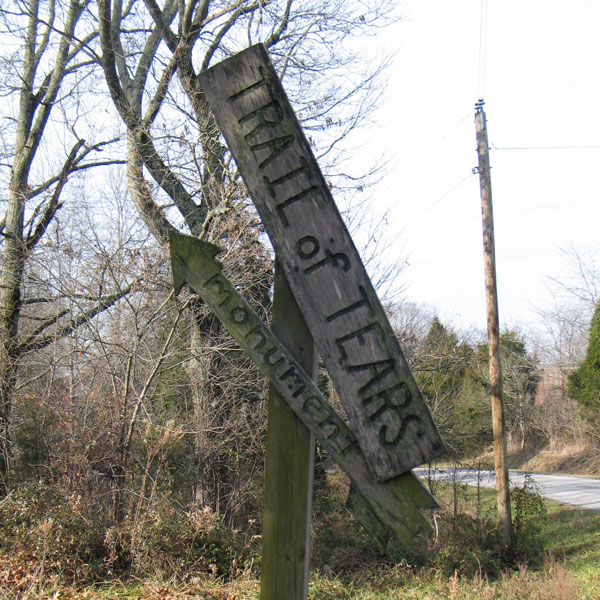
The abstract space of the survey helps make a world that exists, not as a set of social practices, but as a binary order: individuals and their practices set against an inert structure. Space is marked and divided into places where people are put. In the process, space is desocialized and depoliticized. Yet, at the same time, enframing conceals the processes through which it works as an ordering device. (127)
If colonial possession was dependent upon dispossession, the survey served as a form of organized forgetting (Brealey 1998). More abstractly, the effect of the survey was to render space as an object of calculation: "The survey, with its triple artillery of map, sketches, and journal, was a strategy for translating space into a conceivable object, an object that the mind could possess long before the lowing herds" (Carter 1988, 329). As noted, in so reifying property as an abstract space, the survey and its maps played an important role in the redefinition of tenurial relations in newly colonized territories. (128)
Following Robert Sack (1986), the survey helped facilitate a conceptual emptying of space. Territoriality conceptually separates a bounded space from the things and relations that inform it, thus imagining the space as a purely abstract and empty site that has meaning only in terms of the logic of private property. In what amounted to a remarkable form of "anticonquest" (Pratt 1992), a native space dense with meanings, stories, and tenurial relations could thus be conceptually remapped as vacant land. (129)
"Law, Property, and the Geography of Violence: The Frontier, the Survey,
and the Grid" (2003)
Nicholas Blomley